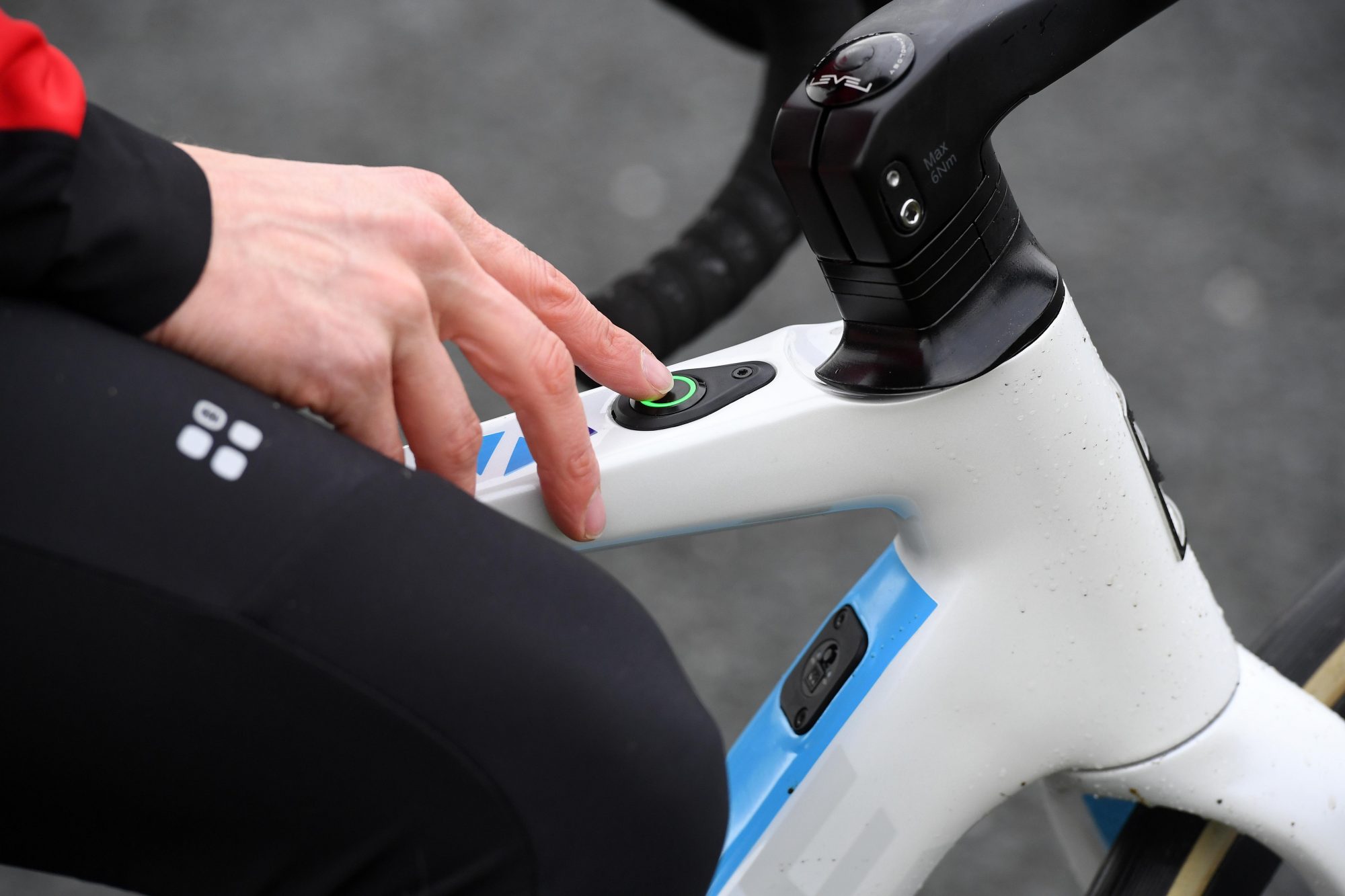
Nearly ten years ago, while commuting home from downtown Seattle, I encountered my first e-bike. As I crawled up a steep 10% grade, my heart pounding and breath ragged, an e-bike rider zoomed past me —accompanied by a distinct electronic whir—and they weren’t even pedalling. I won’t lie, my initial reaction was a mix of jealousy, frustration and dismay: how dare they not be working as hard as I was to go up the same hill!
Yet, everything changed when I had the opportunity to try an e-bike myself not long thereafter. With that first joyful experience, all my preconceived notions regarding e-bikes and who rides them went out the window. Since then, I’ve been fortunate to ride and own all sorts of e-bikes — from cargo e-bikes to e-mountain bikes, road e-bikes to city bikes. With each ride, my conviction strengthens: e-bikes aren’t cheating, and they’re not a threat to the cycling world. On the contrary, they are a valuable tool that broadens accessibility, enhances one’s riding experiences and supports inclusivity in cycling.
However, my initial reaction to e-bikes is far from unique. Many traditionalists view e-bikes with disdain. There’s a misconception that an electric motor on a bike somehow makes it less than an acoustic bicycle. I believe that this stigma comes from an outdated perception of cycling as solely a performance-oriented activity. This purist perception alienates the millions of riders who ride for joy, transportation or recreation. Cycling isn't just about speed, distance, or who’s suffering the most up a hill. It’s about connection, movement and, above all, enjoyment. E-bikes are simply another avenue for people of all ages and abilities to engage with cycling, and that should be celebrated, not shunned.
E-bikes still require physical effort and skill and offer a totally legitimate cycling experience. Riders must pedal, balance, steer and physically handle the bicycle. If you’ve ridden an e-bike, you’ll know that they’re often heavy, a bit unwieldy, and definitely require input to operate successfully. Sure, some models include a throttle (like the one that passed me on that fateful Seattle commute, these are not legal in the UK), reducing the need for pedal power. But instead of seeing this as "cheating," I challenge you to view e-bikes as an alternative way to experience cycling.
One of the biggest advantages of e-bikes is their ability to make cycling more accessible to a diverse range of people. From beginners intimidated by the physical demands of long rides to people with disabilities or limited physical capacity, e-bikes offer a way to participate. They allow older riders, those recovering from injury, and people of various body types or fitness levels to join group rides without the fear of being left behind or slowing others down. E-bikes enable parents to carry children on cargo bikes in a safe and fun way and empower delivery riders to transport heavy loads, reducing the need for large trucks in urban environments.
Though the controversy around e-bikes has waned as they’ve become more mainstream, one area of contention persists: their inclusion in group rides and races. Some argue that e-bikes could disrupt group rides by encouraging riders to charge ahead. While this concern is valid for performance-oriented rides, most group rides are about building community, exploring and enjoying the ride. E-bikes can help equalize the effort level within group rides, making it possible for mixed-ability groups to ride together without the pressure of keeping pace, or fear of holding others back. Rather than excluding e-bikes, we should encourage their participation by setting clear community expectations and recognising them as a valuable tool.
Racing and e-bikes, admittedly, stirs up another can of worms. Including e-bikes in competitions may be controversial, but since racing is already divided into various categories, adding an e-bike field seems like a natural step. From professional to age-group categories, riders of different abilities and experiences already race in segregated fields. Including an e-bike category, where all riders within that field are using e-bikes, allows more riders to experience the thrill and excitement of bike racing. And many races already do this, including many mountain bike races.
Ultimately, e-bikes offer an opportunity to strengthen and grow the cycling community. By embracing them across disciplines, we open the door to more riders and create a more welcoming, inclusive, diverse community of riders. It’s past time to stop viewing e-bikes as a threat, as cheating or less-than.
E-bikes represent the future of cycling. So, let’s drop the gatekeeping and embrace the e-bike revolution. E-bikes aren’t the enemy—they’re the key to a more inclusive, diverse and vibrant future in cycling.







